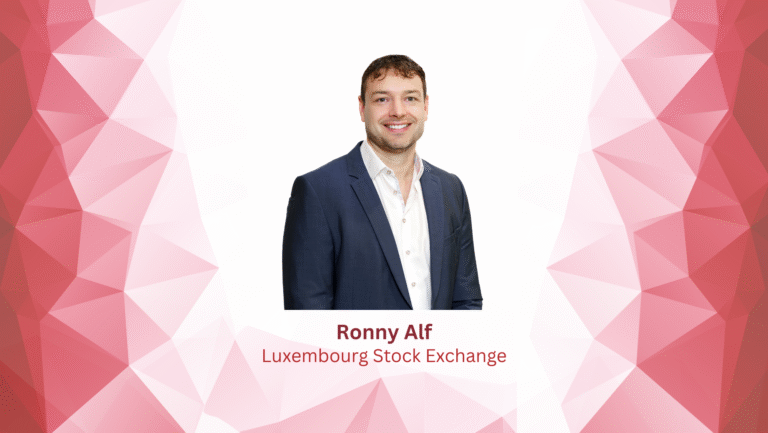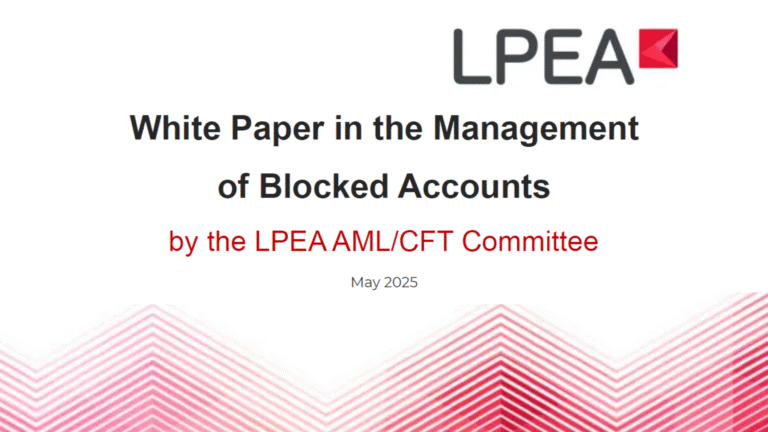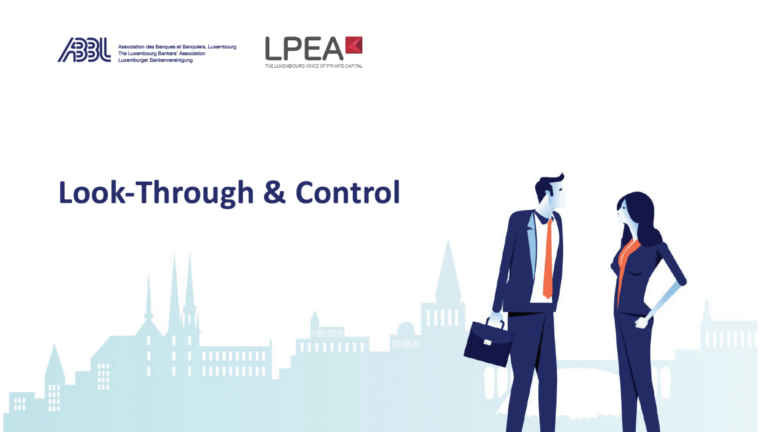By Philippe Harles, Partner at Arendt
Asia is the most vibrant, diverse and dynamic continent on the globe and is growing demographically and economically at a tremendous speed.
Asia and Luxembourg have been maintaining strong and long-standing diplomatic and economic relationships. Bank of China has set up its first overseas subsidiary in Luxembourg in 1979 and in meantime seven Chinese banks have set up their EU hubs in Luxembourg. Around 20 Japanese companies are active in the Luxembourg financial sector, among which Nomura Bank and Mizuho Trust & Banking. Singapore and the other ASEAN states are important trading partners for Luxembourg and the EU.
While the private equity markets in Asia are still very much underdeveloped in comparison to the US and the European ones, they are dynamic and rapidly growing industries. Some markets, like Hong Kong, Singapore, Korea, and Japan are nowadays very sophisticated. Others, like the ASEAN region, are stepping up their efforts.
Given the large potential of the private equity markets in Asia, a number of the most important players active in the Asian private equity market, i.e., KKR, Carlyle, Blackstone and Bain Capital which are already very active in Luxembourg, are now more and more targeting the Asian market. This if often done through Luxembourg funds and vehicles. The same is true for a number of Asian-based fund managers.
Luxembourg is the second biggest investment funds center globally including a substantial, but still fast-growing private equity and venture capital industry. The stable political, social and economic background in Luxembourg largely contributes to such growth which is of particular relevance in times of geopolitical and economic instability. Another important factor is the business minded financial services authority, the CSSF.
In addition, Luxembourg has currently signed 86 double taxation treaties, out of which about 20% with Asian countries including PRC, Japan, Korea, Singapore and Hong Kong, allowing a tax efficient structuring of fund vehicles.
From a regulatory and compliance perspective, Luxembourg offers the highest standards in terms of investor protection. Luxembourg funds are generally subject to the rules set out by the Alternative Investment Fund Managers directive of 8 June 2011 (the AIFMD), providing for certain pre-contractual investor disclosures, regular reporting, fair treatment of all investors and a monitoring and liability system applicable to the various service providers. This offers a high level of security for investors in a Luxembourg fund, backed by the European anti-money laundering rules to which Luxembourg funds are subject. Luxembourg has implemented the Sustainable Finance Disclosure Regulation (SFDR) which is a European regulation introduced to improve transparency in the market for sustainable investment products, to prevent greenwashing and to increase transparency around sustainability claims made by market players including investment funds.
The Luxembourg fund toolbox offers a number of well-suited options to Asian fund managers. A Luxembourg private equity fund may host European investors and may easily be marketed in all European members states through the EEA marketing passport. The fund may be set up in the form of a tax transparent special limited partnership (société en commandite spéciale), of which there are around 8,500 as of today. It may also be set up as a tax-exempt vehicle in the form of corporate limited partnership (société en commandite par actions) subject to the Reserved Alternative Investment Fund (RAIF) regime.
If not marketed in the European Economic Area, a fund set up in the form of a limited partnership may not need to be fully compliant with the AIFMD, thus providing for additional flexibility.
While Luxembourg has traditionally been used for parallel fund structures, it moves increasingly towards being a hub for the main or sole fund, in the latter case reducing the fund’s maintenance costs.
It should be noted that Luxembourg hosts an important number of well-established service providers with a good understanding of the needs of Asian actors, including Chinese and Japanese ones, which may be instrumental in assisting Asian managers in the setup of their private equity fund to make this a quick, smooth and seamless process.
In conclusion, it appears only natural for Asian private equity fund managers to look towards Luxembourg when considering setting up a fund vehicle. Luxembourg may take the unique role of the smallest common denominator, allowing to onboard European investors as well as generally all Asian and US based investors.
Given the likely growth of the Asian private equity industry and the additional need for financing, chances are that the grounds for cooperation between the various Asian jurisdictions and Luxembourg as far as fund structuring is concerned will increase substantially in the near future.




